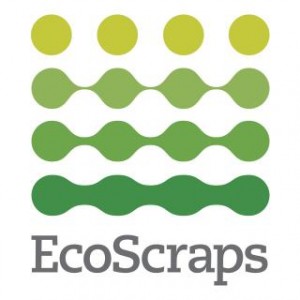 Sometimes we take things for granted living in a developing world. I for one always have a charged cell phone and at least 8 different wireless charging products so my batteries never die.
Sometimes we take things for granted living in a developing world. I for one always have a charged cell phone and at least 8 different wireless charging products so my batteries never die.
Over in some part of Africa 200 million people have a cell phone but many don’t have a way to charge it. Often times people in developing countries walk a mile or more to charge their cell phone. They pay $2 -$15 for the ability to charge their phones. It’s also been estimated that by the year 2015 that number will double.
There is a startup based in Salt Lake City Utah that is looking to change that. Power Practical has developed a product called the Power Pot which doubles as a cooking device and as a thermoelectric generator. It’s actually designed for cooking over an open flame, which is often times how people in these developing countries do their cooking.
The Power Pot comes equipped with heat resistant cabling that can withstand temperatures of 300 degrees celsius. It also has a silicon coating which makes it dust, mud and dirt resistant, as well as water resistant. With the Power Pot families can cook food while saving up a charge for their cell phone.
Angie Thompson is a school teacher and a field tester for the Power Pot. Thompson reported back that the Power Pot was good for rural life. It was well received and useful during inclement weather.
More after the break
Read More…


